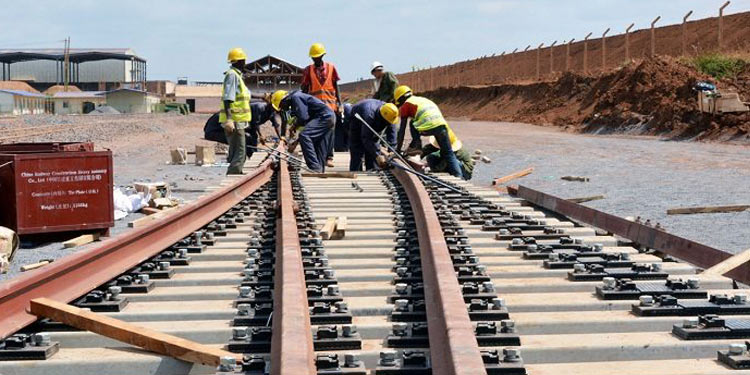Angola is seeking $4.5 billion in financing for a new rail link that will connect the country to Zambia’s Copperbelt, a key step toward unlocking regional trade and improving access to global markets, according to Transport Minister Ricardo Viegas d’Abreu.
Speaking on the sidelines of a conference in Luanda, d’Abreu said Italy has already pledged $320 million, while the African Development Bank (AfDB) has committed $500 million to the ambitious project. He added that Egypt has expressed interest in participating in the financing, and the European Union has also shown support, though details have not yet been confirmed.
The rail extension forms part of the larger Lobito Corridor — a US-backed infrastructure initiative designed to connect Angola’s Atlantic port of Lobito to mineral-rich regions of Zambia and the Democratic Republic of Congo (DRC). The corridor is expected to enhance trade in minerals and agricultural products, reducing transport costs and strengthening regional economic integration.
The new 800-kilometre Zambian spur will link directly to the existing Lobito line, creating a strategic export route for Zambia’s copper and Congo’s cobalt to reach international markets through the Atlantic Ocean. Construction is set to begin next year, with the Africa Finance Corporation (AFC) — which holds the project concession — expected to put the works out to tender in the coming months.
If successful, the project will represent Zambia’s largest rail investment since the 1970s, when China helped build the TAZARA railway connecting the Copperbelt to Tanzania’s Indian Ocean port. The new Lobito link comes as both Zambia and the DRC ramp up copper production to meet surging global demand driven by the clean energy transition and record prices for the red metal.
Despite strong international backing, progress has been gradual. The U.S. International Development Finance Corporation (DFC) approved a $553 million loan for Angola’s section of the Lobito line in June 2024, but the funds are still pending disbursement. “The disbursement will still take place this year,” d’Abreu confirmed.
The Lobito Corridor is seen as a strategic alternative to traditional southern routes, offering faster and more efficient access for landlocked producers in Zambia and Congo to export markets — a potential game changer for regional trade logistics.















